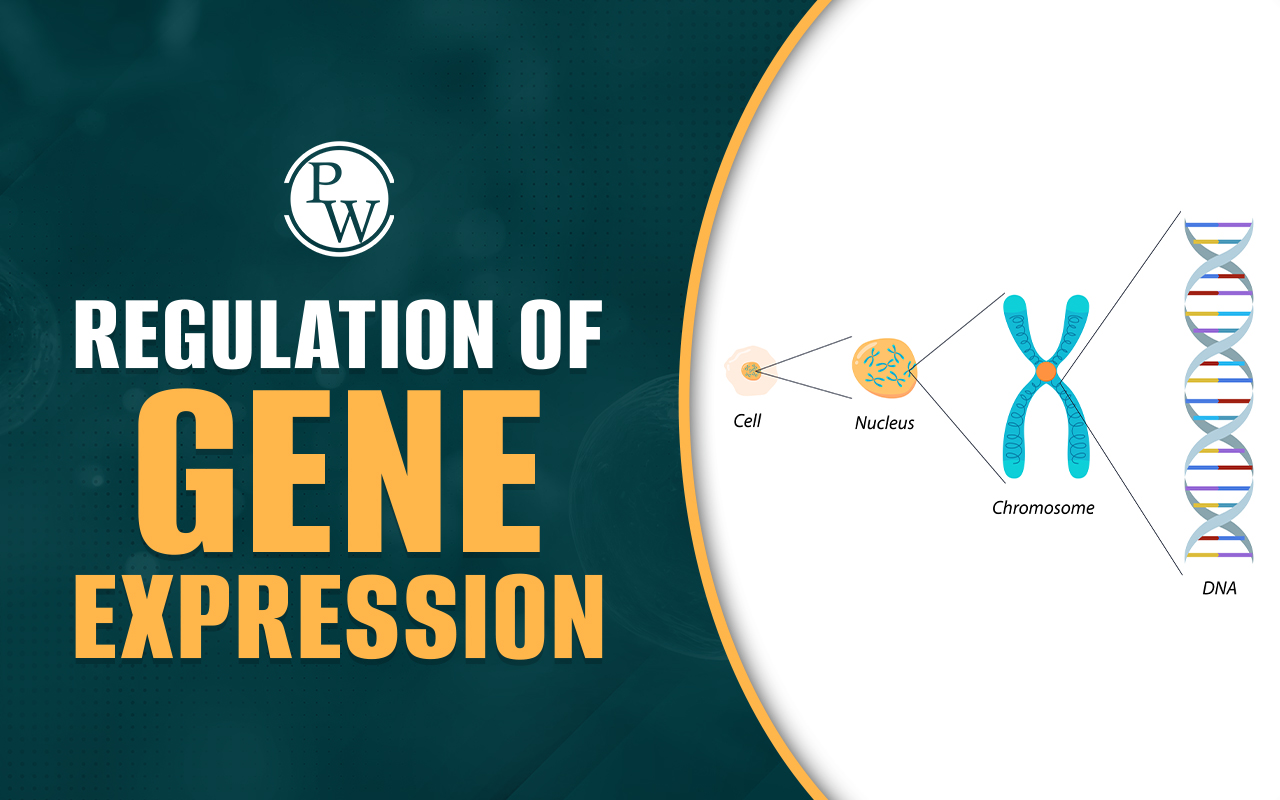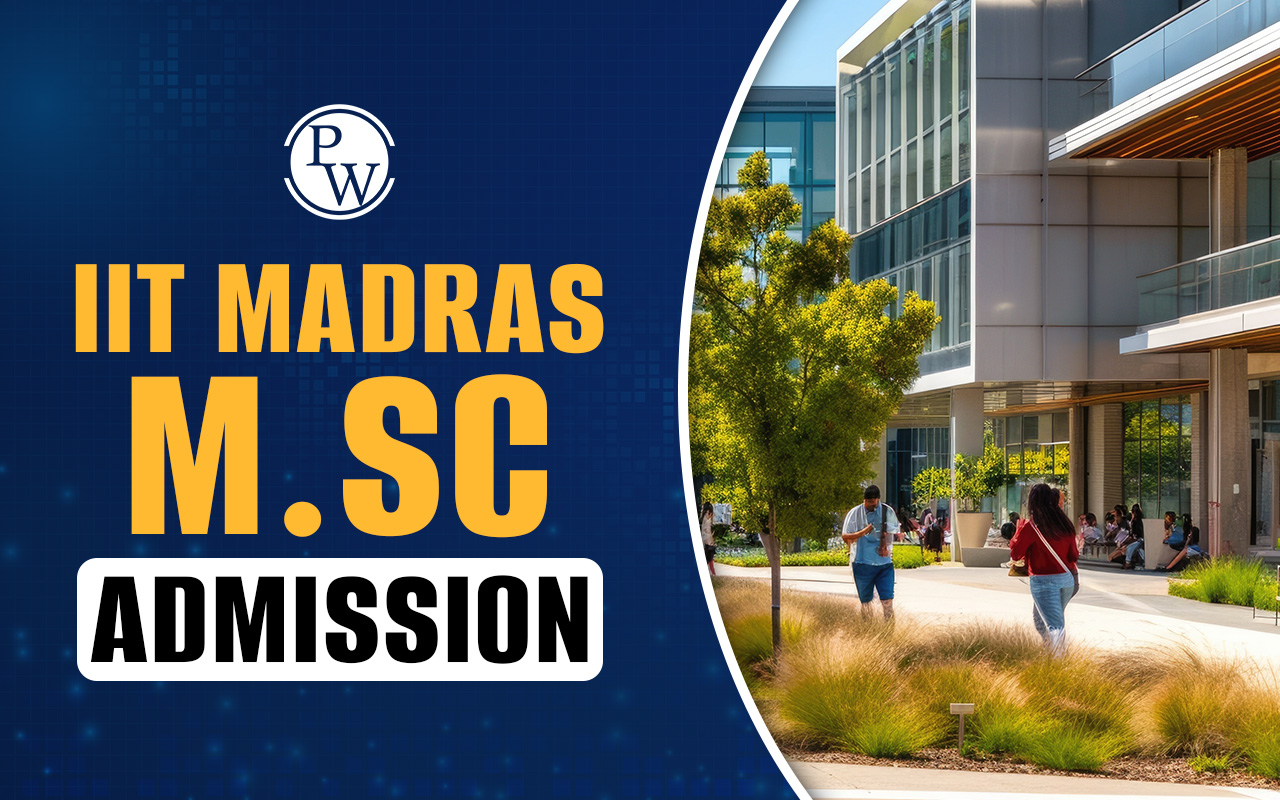
NIT Silchar M.Sc Admission: National Institute of Technology (NIT) Silchar is an Institute of National Importance with consistent presence in NIRF rankings and a track record in teaching plus research in sciences and engineering.
The institute’s postgraduate science programmes focus on theory, lab work and small research projects. This provides a strong foundation for Ph.D. studies, research labs, PSUs and industry roles in analytics, materials, instrumentation and related fields.
The M.Sc. is a two-year, full-time postgraduate course with a research-oriented curriculum and internship or project components that build both specialist knowledge and practical lab skills. Admission is based on IIT JAM 2025 scores, followed by CCMN counselling. This ensures a merit-based and transparent seat allocation process.
NIT Silchar M.Sc Admission 2025 Overview
The table below highlights all the important information about the NIT Silchar M.Sc. Admission 2025:
| NIT Silchar M.Sc Admission 2025 Overview | |
| Particulars | Details |
| Institute Name | National Institute of Technology (NIT) Silchar |
| Courses Offered | M.Sc. in Chemistry, Physics, Mathematics |
| Duration | 2 years |
| Admission Mode | IIT JAM 2025 + CCMN Counselling |
| Eligibility | B.Sc. with relevant subject, minimum required marks, JAM qualification |
| Seat Intake | 125 seats (25 per program, category-wise distribution via CCMN) |
| Average Fees | ₹32,000 – ₹58,200 for full course |
NIT Silchar M.Sc Eligibility Criteria (2025)
Candidates must meet the following NIT Silchar M.Sc Eligibility to be eligible:
1. Educational Qualification:
-
B.Sc. degree in the relevant subject (Chemistry, Physics, Mathematics).
-
For Applied Chemistry or Applied Physics, students must have studied the required combination of subjects at the undergraduate level.
2. Minimum Marks:
-
General/EWS/OBC: ≥50% aggregate.
-
SC/ST/PwD: Relaxation as per government norms.
3. IIT JAM Requirement:
-
Candidates must have a valid IIT JAM 2025 score in the respective subject:
-
CY for Chemistry
-
PH for Physics
-
MA for Mathematics
4. Age Limit:
-
No specific age limit is given for M.Sc admissions.
5. Reservation:
-
Seats are reserved as per CCMN and GoI guidelines (OBC-NCL, SC, ST, EWS, PwD).
NIT Silchar M.Sc Admission Process 2025
NIT Silchar M.Sc Admission Process 2025 is conducted online through IIT JAM and CCMN.
-
Register and appear for IIT JAM 2025 in the relevant test paper (Chemistry / Physics / Mathematics).
-
Download JAM scorecard and confirm eligibility (qualifying marks).
-
Register for CCMN (Centralised Counselling for M.Sc.) website when counselling opens; fill institute/course preferences.
-
CCMN conducts rounds, i.e., seat allotment is based on JAM All India Rank, category and chosen preferences.
-
Document verification and fee payment at the institute/online to confirm admission. Follow the institute’s notices for reporting dates and fee submission.
NIT Silchar M.Sc Seat Intake
For the NIT Silchar M.Sc Admission, the institute offers a total of 125 seats distributed equally among the 5 specializations.
| NIT Silchar M.Sc Seat Intake | |
| Course | Seats |
| M.Sc. Applied Physics | 25 |
| M.Sc. Applied Chemistry | 25 |
| M.Sc. Mathematics | 25 |
| M.Sc. Chemistry | 25 |
| M.Sc. Physics | 25 |
Key Points About NIT Silchar M.Sc Seat Intake:
-
Seats are allocated through CCMN counselling based on JAM rank and category.
-
15% of seats may be reserved for foreign nationals/NRI quota as per the institute policy.
-
Waitlisted candidates from previous rounds are considered in subsequent rounds.
NIT Silchar M.Sc Entrance Exams (IIT JAM) 2025
Admission to NIT Silchar M.Sc is strictly through IIT JAM 2025. It tests candidates on their knowledge in Physics, Chemistry, or Mathematics. NIT Silchar M.Sc. Entrance Exam (IIT JAM) 2025 carries 100 marks and includes 60 questions. Below is the NIT Silchar M.Sc Entrance Exams (IIT JAM) 2025 Overview:
| NIT Silchar M.Sc Entrance Exams (IIT JAM) 2025 Overview | |
| Exam Aspect | Details |
| Conducting Authority | IITs (rotational) |
| Mode | Online |
| Duration | 3 hours |
| Question Types | MCQs, Multiple Select Questions (MSQs), Numerical Answer Type (NAT) |
| Papers Accepted | CY (Chemistry), PH (Physics), MA (Mathematics) |
NIT Silchar M.Sc. Course Structure
The M.Sc programs at NIT Silchar are structured over four semesters to provide foundational learning to advanced research. The initial semesters focus on core subjects and laboratory skills. The third and fourth semester focus on electives, advanced topics, and project-based learning.
This structure allows students to develop theoretical knowledge, practical competence, and research capabilities essential for careers in R&D, academia, or industry.
| NIT Silchar M.Sc. Course Structure | ||
| Semester | Components | Highlights |
| Semester 1 | Core Subjects and Lab | Foundational courses and introductory laboratory work |
| Semester 2 | Core, Electives, and Lab | Intermediate theory, electives, and application-oriented labs |
| Semester 3 | Advanced Courses and Lab | Specialized courses and mini-projects for research exposure |
| Semester 4 | Dissertation or Project | Independent research, thesis writing, seminar presentations |
NIT Silchar M.Sc Syllabus
NIT Silchar has five M.Sc streams with a balanced curriculum of theory, practicals, and research projects. The syllabus provides a strong foundation for higher studies. Below is the NIT Silchar M.Sc Syllabus:
-
NIT Silchar M.Sc Syllabus (M.Sc. in Chemistry)
Core subjects: Physical Chemistry, Organic Chemistry, Inorganic Chemistry, Analytical Techniques, Spectroscopy.
Key electives: Materials Chemistry, Polymer Chemistry, Environmental Chemistry, and Computational Chemistry.
Research/project: Project/dissertation in the final semester, along with lab credits.
-
NIT Silchar M.Sc Syllabus (M.Sc. in Applied Chemistry)
Core subjects: Industrial Chemistry, Material Science, Environmental Chemistry, Inorganic and Organic Applications, Analytical Techniques.
Key electives: Green Chemistry, Polymer Technology, Pharmaceutical Chemistry, Chemical Process Engineering, and Computational Chemistry.
Research/project: Dissertation or project in the final semester with lab work for industrial applications.
-
NIT Silchar M.Sc Syllabus (M.Sc. in Physics)
Core subjects: Classical Mechanics, Quantum Mechanics, Electrodynamics, Statistical Mechanics, Condensed Matter Physics, Experimental Techniques.
Key electives: Nanophysics, Optoelectronics, Computational Physics, Instrumentation.
Research/project: Lab or experimental project leading to a dissertation.
-
NIT Silchar M.Sc Syllabus (M.Sc. in Applied Physics)
Core subjects: Electronics, Condensed Matter Physics, Quantum Mechanics, Solid-State Physics, Instrumentation, Experimental Techniques.
Key electives: Nanotechnology, Optoelectronics, Semiconductor Physics, Computational Physics, and Advanced Instrumentation.
Research/project: Experimental or lab-based project culminating in dissertation work. It emphasizes practical applications and technology-focused research.
-
NIT Silchar M.Sc Syllabus (M.Sc. in Mathematics)
Core subjects: Real Analysis, Algebra, Differential Equations, Complex Analysis, Numerical Methods.
Key electives: Functional Analysis, Topology, Graph Theory, Probability & Statistics, Computational Mathematics.
Research/project: Project or mini-thesis useful for students targeting Ph.D. programs or data science roles.
NIT Silchar M.Sc Cut Off 2025
Cutoffs vary based on rounds of CCMN counselling and category. OBC, SC, ST, and EWS candidates enjoy relaxation as per CCMN reservation policy.
Applied subjects may have slightly lower demand and this leads to higher closing ranks. Below is the NIT Silchar M.Sc Cut Off 2025 for General category last closing ranks:
| NIT Silchar M.Sc Cut Off 2025 | ||
| Course | Round 1 Closing Rank | Final Round Closing Rank |
| M.Sc. Mathematics | 1111 | 1455 |
| M.Sc. Chemistry | 1335 | 1709 |
| M.Sc. Physics | 1418 | 1679 |
NIT Silchar M.Sc Fee Structure 2025
NIT Silchar M.Sc fee structure is affordable compared to other institutes. It covers tuition, hostel, mess, and one-time charges. Merit-based and category-based scholarships are available. Below is the detailed NIT Silchar M.Sc. Fees 2025:
| NIT Silchar M.Sc Fee Structure 2025 | |
| Fee Component | Approx. Amount |
| Tuition & Academic Fees | ₹32,000 to ₹58,200 (entire course) |
| Hostel Fees | ₹10,000 to ₹15,000 per semester |
| Mess Charges | ₹3,000 to ₹3,500 per month |
| One-Time Charges | Admission fee, caution deposit |
NIT Silchar M.Sc Placements and Career Outcomes
Below are the NIT Silchar M.Sc Placements and Career Outcomes:
-
Placements: M.Sc. students from NIT Silchar have been placed in research roles, higher studies (Ph.D.), PSUs and some corporate roles. Specific placement statistics for M.Sc. cohorts vary every year.
-
Top recruiters / roles: Recruiters include research labs (CSIR/DRDO/ISRO labs and private R&D). It also includes analytical and pharma companies (for chemistry grads), software/analytics firms (for mathematically skilled grads), and academic hiring for teaching/Ph.D. support.
-
Average packages: For M.Sc. candidates, packages are between ₹4 – 7 LPA. Many students also pursue Ph.D. or research assistantships after M.Sc.









